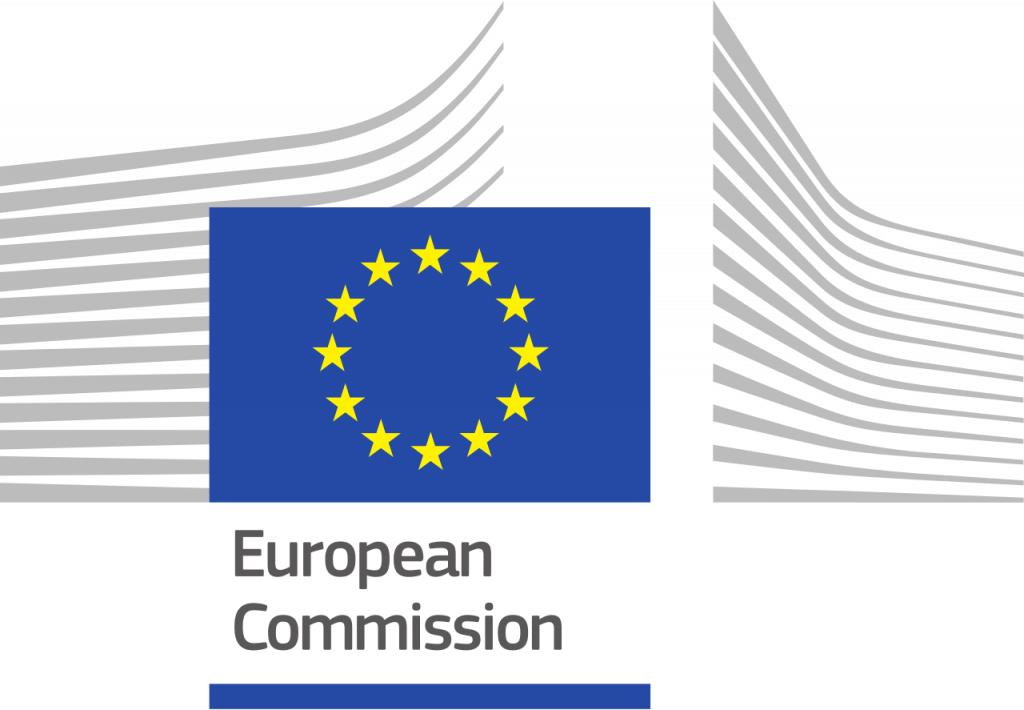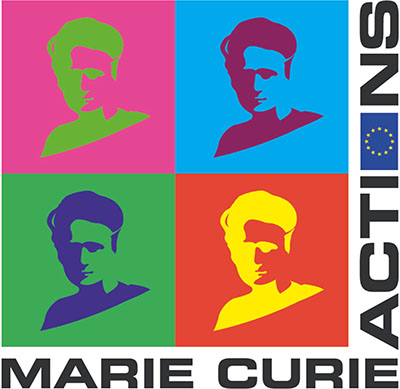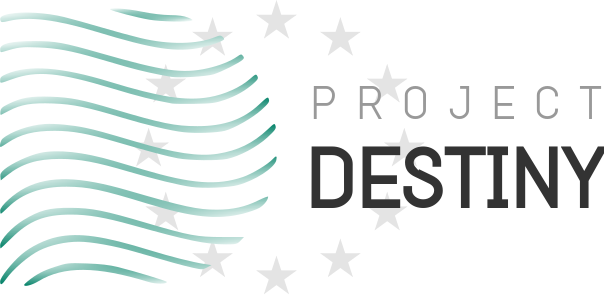Moment-based nonlinear energy-maximising optimal control of
wave energy systems to secure a renewable future
Ocean waves have an enormous potential, capable of fulfilling 20% of the global energy demand, making a decisive contribution towards a low-carbon energy society. Despite being a vast resource, Wave Energy Converters (WECs) have not yet been successfully commercialised. The lack of proliferation of wave energy can be attributed to its current levelised cost of energy (LCoE), which is substantially higher than other renewable energy sources.
Control system technology can impact WEC design and operation, by maximising energy extraction from waves, and optimising energy conversion in the power take-off (PTO) actuator system.
In particular, the central problem in WEC control is to find a technically feasible way to ‘act’ on the device (via the PTO) so that energy absorption from waves is maximised while minimising the risk of component damage. It is already clear that control technology can enhance WECs performance in a wide range of ocean conditions, substantially reducing the LCoE. In other words, the design of appropriate control technology, together with an economy of scale facilitated through array configurations, constitute key stepping-stones towards successful commercialisation of WEC technology.
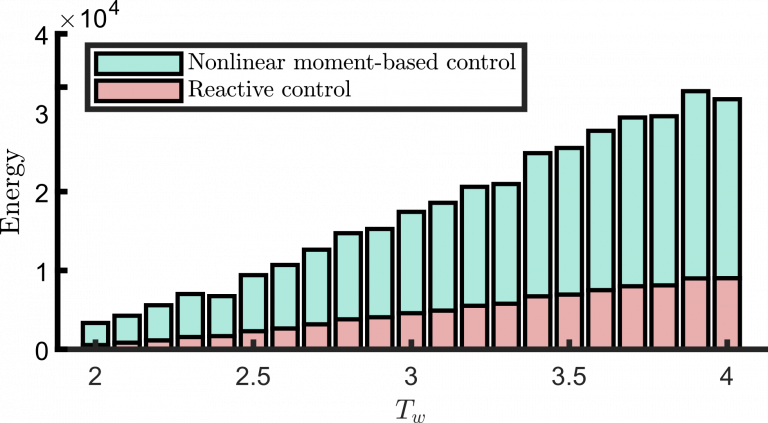
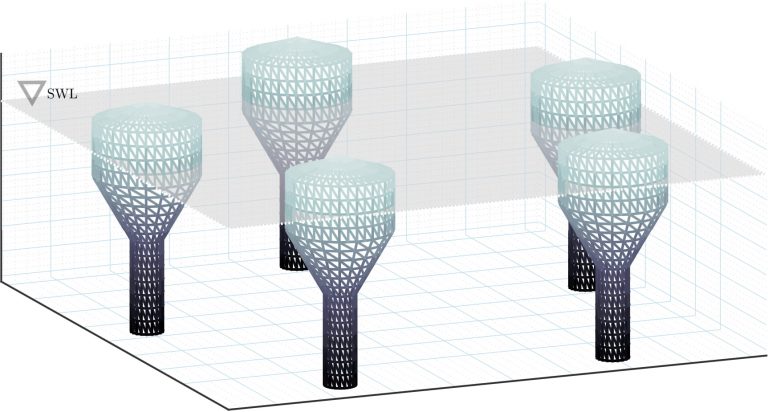
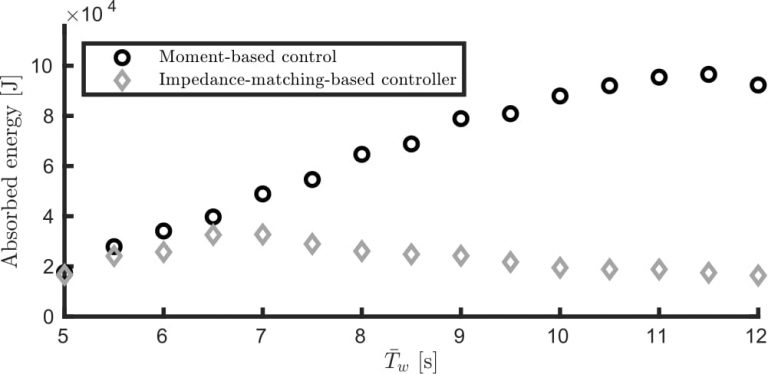
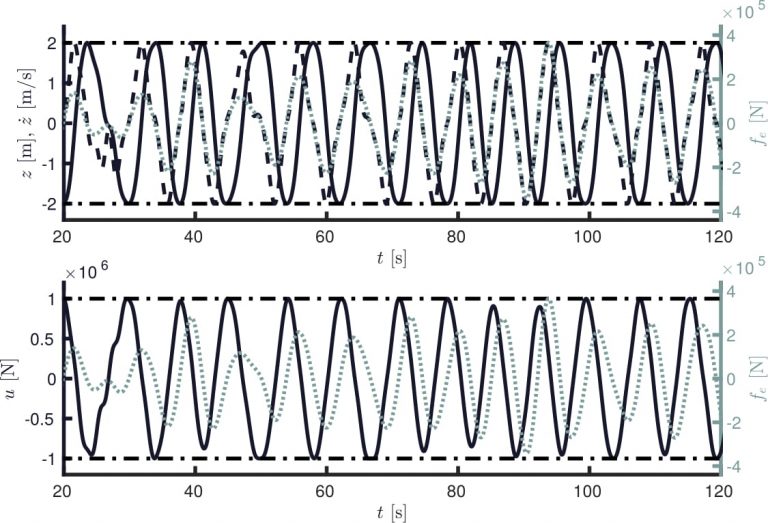
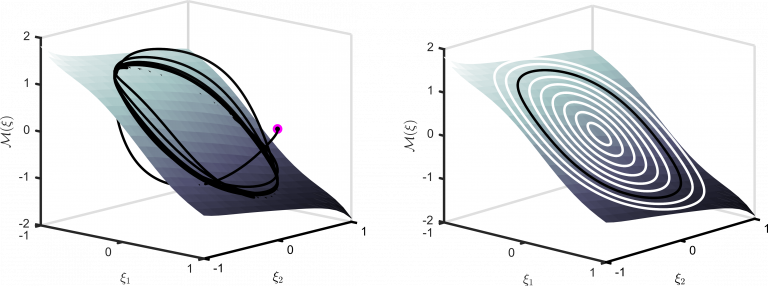
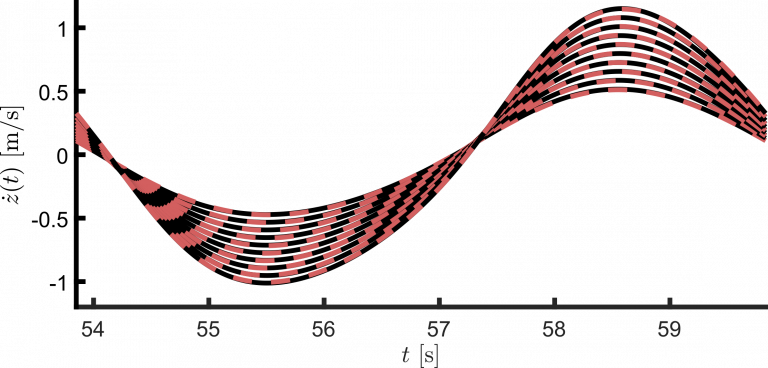
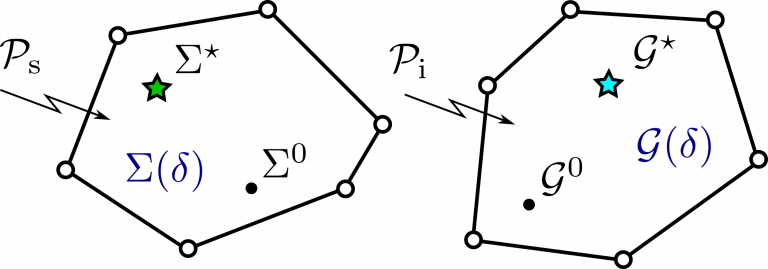
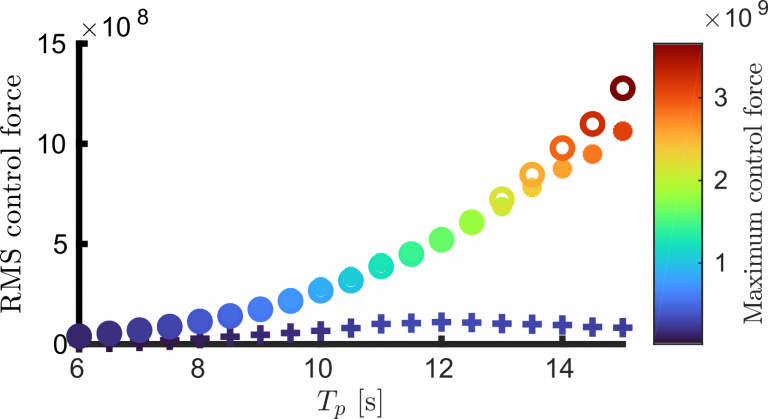
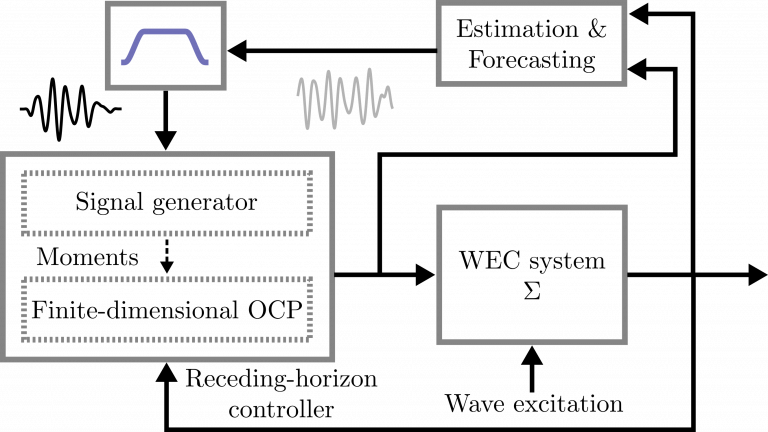
To date, the vast majority of available controllers utilise linear WEC models, misrepresenting the (inherently nonlinear) dynamics of devices, compromising the role of control in minimising LCoE. The small number of available techniques which consider nonlinear models, do not provide conditions for global optimality, preventing identification of the class of devices that can be considered in the current state-of-the-art, consequently limiting any results for specific application cases. Moreover, there is currently no nonlinear control framework tailored for WEC arrays, further compromising the role of state-of-the-art WEC controllers in supporting commercialisation of wave energy technology.
Destiny will greatly advance the state-of-the-art of WEC control by providing a novel and reliable nonlinear optimal control framework, featuring an accurate nonlinear description of the physics associated with the process, maximising energy absorption for a wide range of ocean conditions for single and multiple devices, exhibiting real-time capabilities and globally optimal performance. This will provide all stakeholders in the wave energy field with a fundamental tool to facilitate reaching economic viability of wave energy technology.
Project results
Deliverables (reports)
Peer-reviewed publications
- N. Faedo, U. Bussi, Y. Peña-Sanchez, C. Windt and J. V. Ringwood, “A simple and effective excitation force estimator for wave energy systems”, IEEE Transactions on Sustainable Energy, 2021.
- N. Faedo, Y. Pena-Sanchez, F. Carapellese, G. Mattiazzo and J. V. Ringwood, “LMI-based passivation of LTI systems with application to marine structures“, IET Renewable Power Generation, 2021.
- N. Faedo, F. Carapellese, E. Pasta and G. Mattiazzo, “On the principle of impedance-matching for underactuated wave energy harvesting systems“, Applied Ocean Research, 2021.
- N. Faedo, F. J. Dores Piuma, G. Giorgi, G. Bracco, J. V. Ringwood and G. Mattiazzo, “Data-driven nonlinear model reduction by moment-matching for the ISWEC system“, IEEE ICECCME, Mauritius, 2021.
- N. Faedo and J. V. Ringwood, “A control design framework for wave energy devices“, 14th European Wave and Tidal Energy Conference (EWTEC), Plymouth, 2021.
- N. Faedo, D. Garcia-Violini, Y. Pena-Sanchez, and J. V. Ringwood, "On the feasibility of energy-maximising controllers for an Argentinian wave energy system", XIX Workshop on Information Processing and Control (RPIC), San Juan, 2021.
This research has received funding from the European Research Executive Agency (REA) under the European Union’s Horizon 2020 research and innovation programme under grant agreement No 101024372
